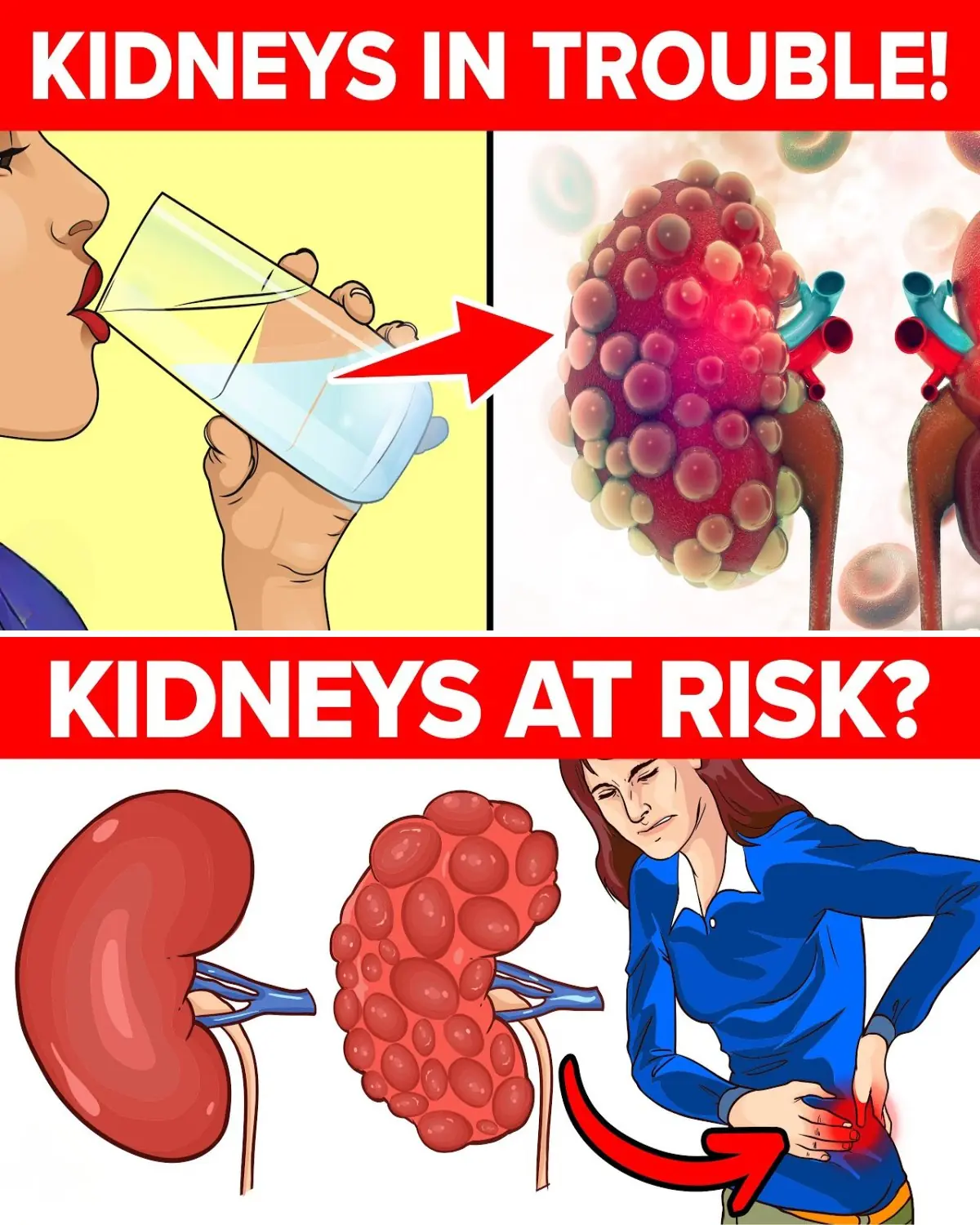
Prostate Cancer: 4 Symptoms Commonly Mistaken for Other Conditions

Men over the age of 50 are at the highest risk for prostate cancer. Statistics show that more than 60% of prostate cancer diagnoses occur in men over the age of 65.
In addition to lifestyle factors, genetics also play a significant role in increasing the risk of prostate cancer. Studies have found that men with a father or brother who had prostate cancer are 2 to 3 times more likely to develop the disease themselves, according to the health site Healthline.
In its early stages, prostate cancer often develops silently and can be easily mistaken for normal age-related changes or other conditions like prostatitis or benign prostatic hyperplasia (BPH). Here are four early and easily misinterpreted signs of prostate cancer:
1. Frequent Urination
Frequent urination—especially waking up multiple times at night to urinate—can be an early warning sign of prostate cancer that is often overlooked. Many middle-aged men experience this and assume it's just a normal part of aging. However, if this is accompanied by symptoms such as a weak urine stream, urgency, or difficulty urinating, it could signal a deeper issue.
The prostate surrounds the urethra, and when a tumor—benign or malignant—develops, it can press against the urethra and lead to urinary difficulties.
2. Erectile Dysfunction
Erectile dysfunction is often attributed to stress, aging, or psychological factors. But prostate cancer can also impact sexual function. Tumors may damage the nerves or blood vessels responsible for erections. Additionally, hormone changes and the emotional stress of dealing with cancer can lower libido and sexual performance.
3. Persistent Pain in the Lower Back, Hips, or Pelvic Area
A dull, ongoing ache in the lower back, hips, or pelvic region is commonly blamed on poor posture, long periods of sitting, or spinal issues. However, in some cases, this pain could be a sign that prostate cancer has metastasized to the bones. This type of pain often worsens at night or during physical activity.
4. Blood in Urine or Semen
Finding blood in the urine or semen is often mistaken for a urinary tract infection. However, this could also be a significant warning sign of prostate cancer. If blood in the urine is persistent or recurs frequently, it is important to seek medical attention as soon as possible, according to Healthline.
Conclusion:
Although these symptoms may appear minor or be mistaken for other common conditions, they can signal the presence of prostate cancer. Men—especially those over 50 or with a family history—should pay close attention and consult a doctor for proper screening if any of these signs appear. Early detection greatly improves treatment outcomes.
News in the same category


If Your Kidneys Are in Danger, Your Body Will Send You These 8 Signals — Don’t Ignore Them

The Surprising Effects of Avocado on Your Heart and Brain

Natural Remedy for Cataracts and Eye Inflammation: Restore Your Vision Naturally

Unlock the Golden Magic of Corn Silk Tea

9 Powerful Home Remedies to Get Rid of Fungal Infection (Daad, Khaj, Khujli) Fast

7 Shocking Health Benefits Of Eating Sweet Potatoes Every Day — According To Science

About 15 Minutes Before a Stroke, the Body Often Sends 4 Clear Warning Signs — Call Your Loved Ones Immediately

Hidden Dangers in Your Mouth: Early Signs of Oral Cancer

The Secret Power Of The Herb That Helps You Age Gracefully

The Unexpected Benefits of Eating Chicken Feet

If You See Someone with “Blue Veins,” Tell Them This — It Could Save Their Life

The Secret Power of Two Eggs a Day: Could This Simple Habit Transform Your Health? Buy vitamins and supplements

Man Passed Away After Eating Eggs — Stop Eating Eggs This Way Immediately

8 Foods That Fight Tumors — Eat Them Regularly

Does Eating Bananas Before Bed Have Any Benefits?

The Tongue as a Health Indicator: Meaning of a Whitish Color

Benefits of Boiled Eggs: Nutrition and Healthy Recipes

5 early warning signs of cervical cancer

7 Innocent Mistakes That Get Your Kidneys in Big Trouble
News Post

WHAT HAPPENS WHEN WE TONGUE KISS…See more

Nature’s Secret: 4 Healing Leaves That Support Metabolism, Immunity & Circulation Naturally

Don’t Drink Coconut Water Before You Know These 11 Secrets!

Pumpkin Seed Milk — The Natural Parasite Cleanser

Fast Rice Water Trick for a Brighter Smile

Morning Drink to Revive Your Kidneys Fast

The Onion Recipe That Could Transform Your Blood Sugar, Support Cleaner Arteries, and Protect Your Heart!

Top 4 Fruits That Help Your Kidneys Flush Out Toxins While You Sleep

Ginger, Clove, and Honey: The Natural Trio Your Body Will Thank You For

Heal 15 Years of Joint Pain Naturally with Turmeric and Honey Tea

This Juice Revived My Grandma’s Energy — Say Goodbye to Fatigue and Body Pain with This Natural Recipe

The Benefits of Eating 2 Boiled Eggs Every Morning: Transform Your Health!

If Your Kidneys Are in Danger, Your Body Will Send You These 8 Signals — Don’t Ignore Them

The Surprising Effects of Avocado on Your Heart and Brain

Ways to Get Over a Man Who Didn’t Value You

I’m 66 but Look 36 — My Secret? Aloe Vera & Ginger for Firm, Smooth Skin

How to Make Okra Water to Treat 17 Health Problems Naturally

Banana and Egg Mask to Look Younger Even in Your 80s

Scent Leaf Secrets Unveiled: 10 Surprising Health Benefits of This Miracle Herb
